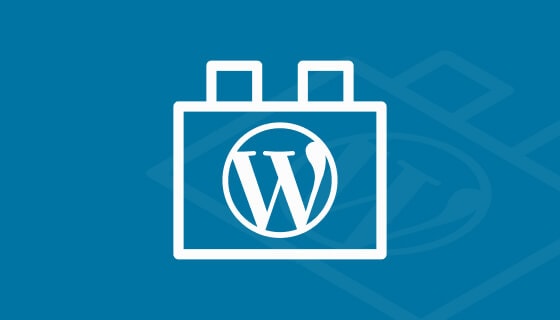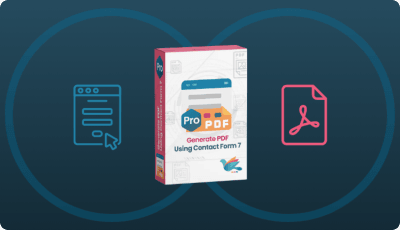Conclusion
So, as we discuss some of the advantages and disadvantages above, we can get an idea of both features. If there are theme-related changes, like an excerpt length change, an image size change, etc., you can add the code to the functions.php file. However, for complex functionalities, directly editing the theme files is not recommended. It can make theme updates difficult and lead to maintenance issues down the road.
A better approach for complex website customizations is to develop a separate WordPress plugin. This keeps your theme clean and easier to manage and simplifies future updates. WordPress plugin development is a core skill for many web developers, and there are plenty of resources available to help you get started.
If plugin development feels outside your comfort zone, outsourcing your WordPress development needs can be a smart option. Companies like ZealousWeb can create a custom plugin that meets your specific requirements and integrates seamlessly with your WordPress website.











